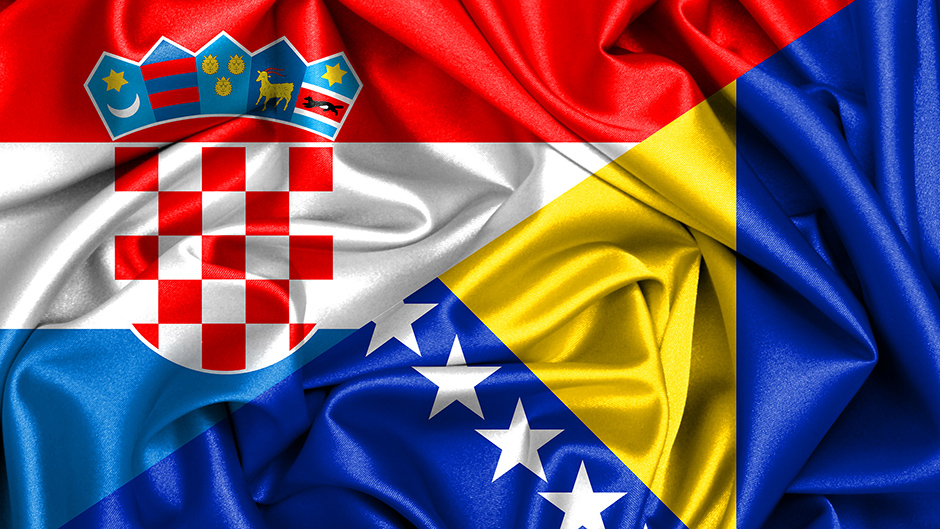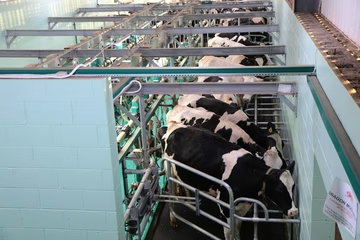
Croatia advocates a safe and stable European Bosnia and Herzegovina, it was said at a panel discussion in Zadar on Wednesday, held as part of the Conference on the Future of Europe.
Oglas
The panel was one in a series of discussions involving EU citizens, designed to enable EU citizens to help create reform of the European bloc.
The pane, organised by the Foreign and European Affairs Ministry, also focused on EU enlargement.
"One of the key questions that should be answered is to what extent the EU's future includes enlargement to new members. The Croatian government is confident that the vision of a common European future must include all Southeast European countries. Isn't it better to border on stable countries? We are the ones to export stability to unstable regions," said Foreign and European Affairs Minister Gordan Grlic-Radman.
Bosnia and Herzegovina Deputy Foreign Minister Josip Brkic said that EU membership was a strategic goal for his country.
Present-day challenges such as globalisation, climate change, migration and the coronavirus pandemic show that the EU and Western Balkans share not only interests but also problems, he said.
"No country can handle that many challenges on its own. It is very important that values, positions and policies on which the EU was built take deep roots in Bosnia and Herzegovina and the entire region," said Brkić.
Croatian MEP Zeljana Zovko (HDZ) stressed that the EU would have to make significant investments in the Western Balkans, noting that the EU had shown strong support to the region's EU membership prospects by adopting the IPA III project.
In the next seven-year period the project will make available more than €14 billion from EU funds as pre-accession assistance for Western Balkan countries' integration with the EU, and Bosnia and Herzegovina's border areas will be able to use the funds as well.
Also participating in the panel debate were high school and university students from Zadar.
The Conference on the Future of Europe ends next spring and will coincide with the European Year of Youth. Conclusions, including those made at the Zadar panel, will be adopted then as guidelines for action by EU institutions.
Kakvo je tvoje mišljenje o ovome?
Učestvuj u diskusiji ili pročitaj komentare
Oglas
Kakvo je tvoje mišljenje o ovome?
Učestvuj u diskusiji ili pročitaj komentare
Oglas
NAJČITANIJE
Oglas
Oglas
Najnovije
Oglas
Oglas





 Srbija
Srbija
 Hrvatska
Hrvatska
 Slovenija
Slovenija



























































